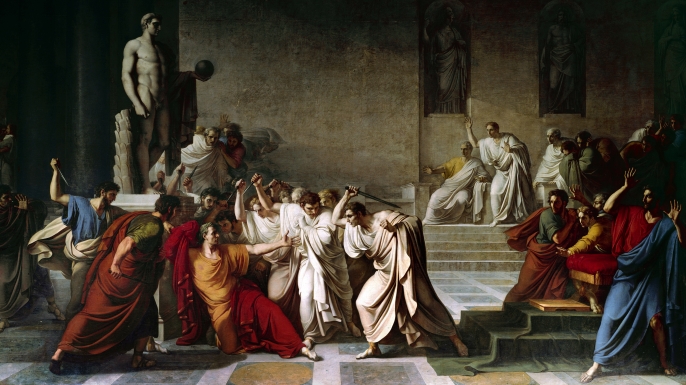I'm not talking about general minimalizing of the severity of the virus or anything like that.
Rather, I'm talking about the ministers of such churches continuing to hold services, and in many cases, without multiple smaller-size services, in direct defiance of government proclamations.
It's halfway tempting to compare them to Paul's man of lawlessness in 2 Thessalonians:
2 Thessalonians 2:3-10 New International Version (NIV)
3 Don’t let anyone deceive you in any way, for that day will not come until the rebellion occurs and the man of lawlessness[a] is revealed, the man doomed to destruction. 4 He will oppose and will exalt himself over everything that is called God or is worshiped, so that he sets himself up in God’s temple, proclaiming himself to be God.
5 Don’t you remember that when I was with you I used to tell you these things? 6 And now you know what is holding him back, so that he may be revealed at the proper time. 7 For the secret power of lawlessness is already at work; but the one who now holds it back will continue to do so till he is taken out of the way. 8 And then the lawless one will be revealed, whom the Lord Jesus will overthrow with the breath of his mouth and destroy by the splendor of his coming. 9 The coming of the lawless one will be in accordance with how Satan works. He will use all sorts of displays of power through signs and wonders that serve the lie, 10 and all the ways that wickedness deceives those who are perishing. They perish because they refused to love the truth and so be saved.
Note that I said "halfway" tempting. I don't think this idea is all wet.
Certainly, the actual Paul, in one of his legitimate letters, would be highly concerned.
I am thinking of his famous "submit to the governing authorities in Romans 13.
13 Let everyone be subject to the governing authorities, for there is no authority except that which God has established. The authorities that exist have been established by God. 2 Consequently, whoever rebels against the authority is rebelling against what God has instituted, and those who do so will bring judgment on themselves. 3 For rulers hold no terror for those who do right, but for those who do wrong. Do you want to be free from fear of the one in authority? Then do what is right and you will be commended. 4 For the one in authority is God’s servant for your good. But if you do wrong, be afraid, for rulers do not bear the sword for no reason. They are God’s servants, agents of wrath to bring punishment on the wrongdoer. 5 Therefore, it is necessary to submit to the authorities, not only because of possible punishment but also as a matter of conscience.
6 This is also why you pay taxes, for the authorities are God’s servants, who give their full time to governing. 7 Give to everyone what you owe them: If you owe taxes, pay taxes; if revenue, then revenue; if respect, then respect; if honor, then honor.That nails it.
That said, that passage has been ignored by U.S. Protestants since 1775 or before.
Ordainted Presbyterian minister John Witherspoon was a signer of the Declaration of Independence. Boston's Old North Church, driven by hotheads such as Sam Adams, was a ground zero of rebelliousness.
And, Romans 13 is crystal clear. No exceptions.
Paul's thought, as well as framework, are derived from the Stoic diatribe. Epictetus, for example, would have no problem agreeing with this.
Let's not forget the background of much American Protestantism.
Congregationalists were Puritans and Separatists who had rebelled against the Church of England and the ruling monarch, to lesser or greater degrees, respectively. Baptists, starting with the likes of Roger Williams, then rebelled against those Puritans and Separatists. Presbyterians had rebelled against their Stuart monarchs in Scotland when, like Mary, they remained Catholic, or when, like the Stuarts from James VI on, when he became James I in London as well, tilted Church of England and pushed for a similar Church of Scotland.
On the flip side, Methodists and Lutherans have generally accepted state authority more readily.
Catholics and Orthodox very much so, as shown by their pronouncements.
Of course, the latter four are all more hierarchical.
But Romans 13 is still clear. Period.
And, if there are ministers the likes of Jim Bakker peddling magic cures?
2 Thessalonians 2:9 I think has that covered.

%2C_c._1657.jpg/220px-Saint_Paul%2C_Rembrandt_van_Rijn_(and_Workshop%3F)%2C_c._1657.jpg)



